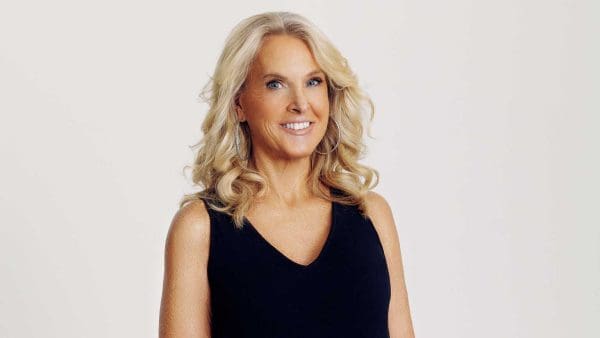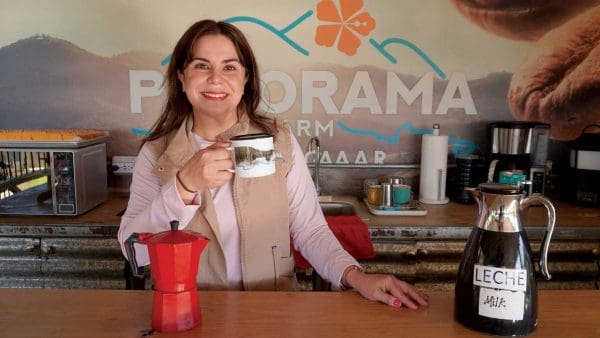
Mahzi Malcolm Martin ’15 is the founder of Planticular, a Manhattan-based company that helps individuals and organizations design and maintain plant-filled indoor and outdoor spaces. Launched in February 2022, it has already signed on high-profile clients like the popular riverfront venues City Vineyard and City Winery.
Malcolm Martin, who grew up in Oklahoma, earned a degree in cognitive science at Johns Hopkins, and a master’s degree in design from Carnegie Mellon. When he moved to New York, he filled his apartment with houseplants, starting with a hardy Zanzibar Gem given to him by his mother.
“I had nearly 100 plants in my apartment, and I asked a friend to care for them while I traveled for about four months. Twenty-seven of those plants didn’t make it. I realized there was a need for plant care,” says Malcolm Martin.
How do you help people find the plants that are right for them?
It starts with assessing their objectives and their space. We take into account colors and the heights of objects. If it’s a restaurant that has to maximize table space, that’s important. We discuss the plants’ light, water, and temperature requirements, particularly if they’re going to be outdoors in summer and inside for colder weather.
People tell me that their apartment is dark, or they had a plant in a certain spot and it died, so they can’t have plants.
That’s not true. It’s about balancing the inputs. A plant is a living organism that has needs, and as you get to know it, you can meet those needs. Maybe you change the amount of water you give it, or you introduce more movement through something like a fan.
Interact with your plant on a regular basis, especially in the first two weeks. Jot down any changes that you notice. It’s easier to care for something when you understand it.
There are also many ways that plants are beneficial for mental health, starting with just being around something that is growing and changing and that you can care for.




